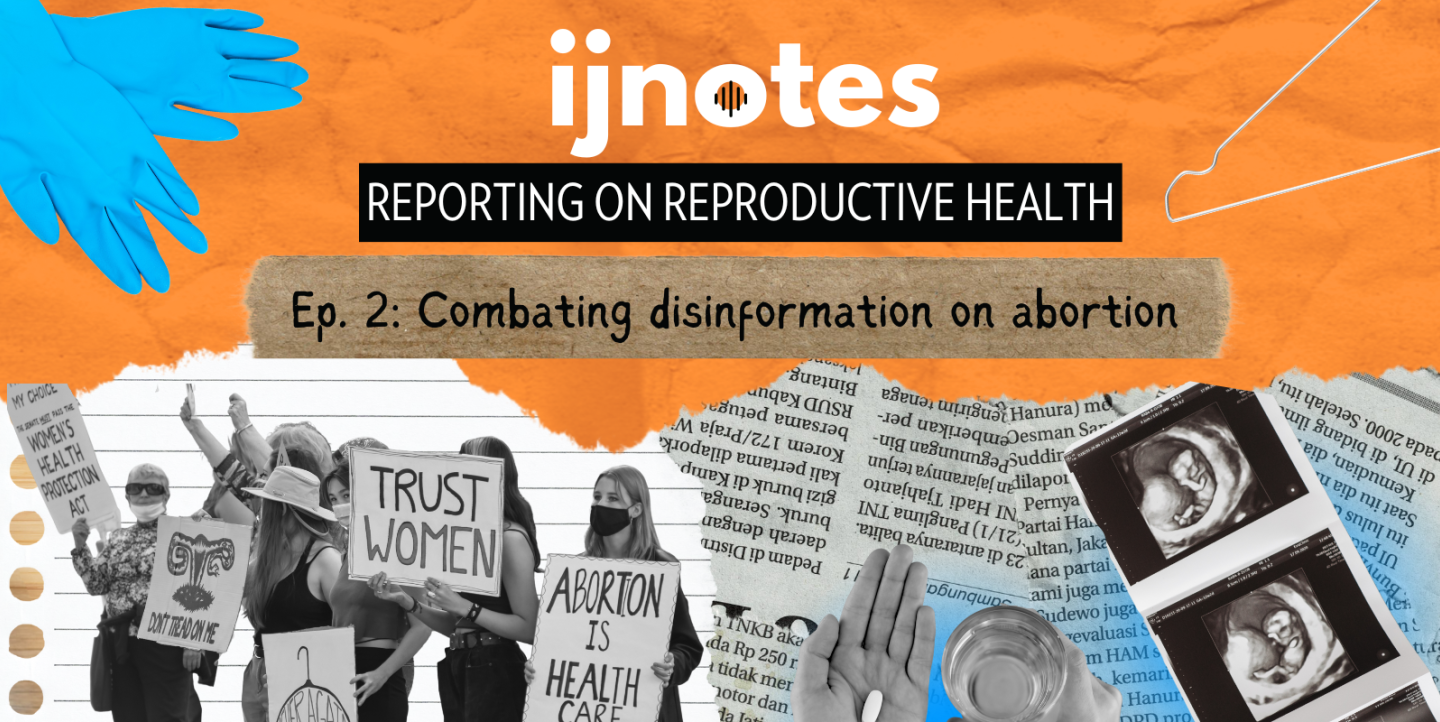Mis- and disinformation surrounding reproductive health is not new. But since the overturning of Roe v. Wade in the U.S. in June 2022, the consequences of the vast amounts of false information seeking to affect the reproductive choices of millions of Americans have made their way front and center in people’s minds.
Journalists on this beat are tasked with helping their audiences navigate the changing state of abortion access in the country, while fending off the false information that seeks to deceive them.
Today, disinformation around reproductive health often seeks to thwart abortion access by presenting medical abortion or at-home abortion pills as unsafe or dangerous. Misleading anti-abortion videos and social media posts have contributed to threats, violence and even deaths. Meanwhile, mis- and disinformation have been cited by judges in decisions that further restrict reproductive health choices, for instance the April ruling that sought to suspend access to abortion pills.
In our second IJNotes episode on reproductive health reporting, IJNet’s Disarming Disinformation Intern, Mya Zepp, spoke with Felice Freyer, a health care reporter at the Boston Globe and president of the Association of Health Care Journalists. Freyer’s reporting has covered how statewide abortion restrictions have affected the decisions of pregnant people in her home state of Massachusetts – where abortion is legal – as well as attempts to block access to mifepristone, a pill commonly used for abortions nationwide, among other stories.
To help journalists – and by extension, their audiences – navigate mis- and disinformation in the post-Dobbs world, Freyer discusses the prevalence and impact of disinformation surrounding abortion and reproductive health, and what journalists should do to promote credible information on abortion safety and access. Listen here:


